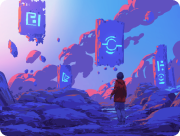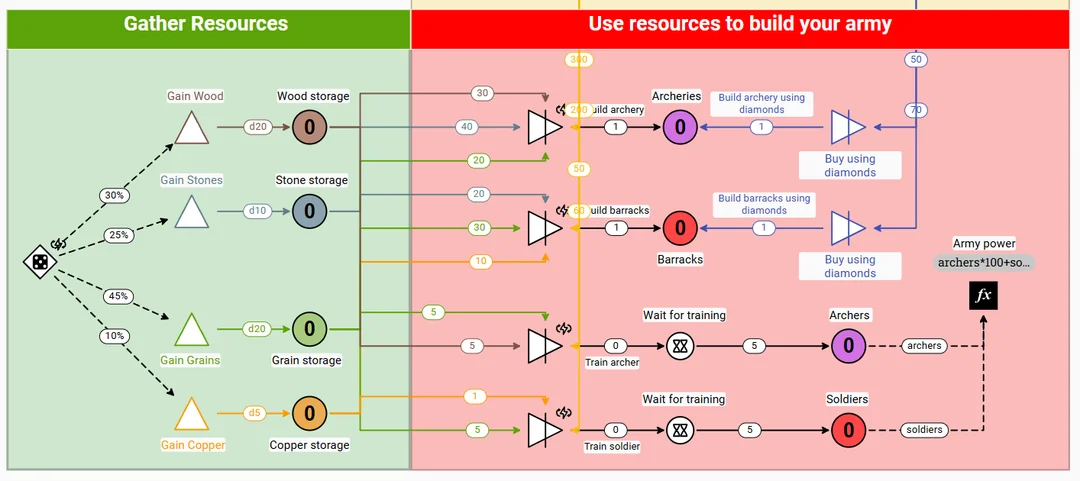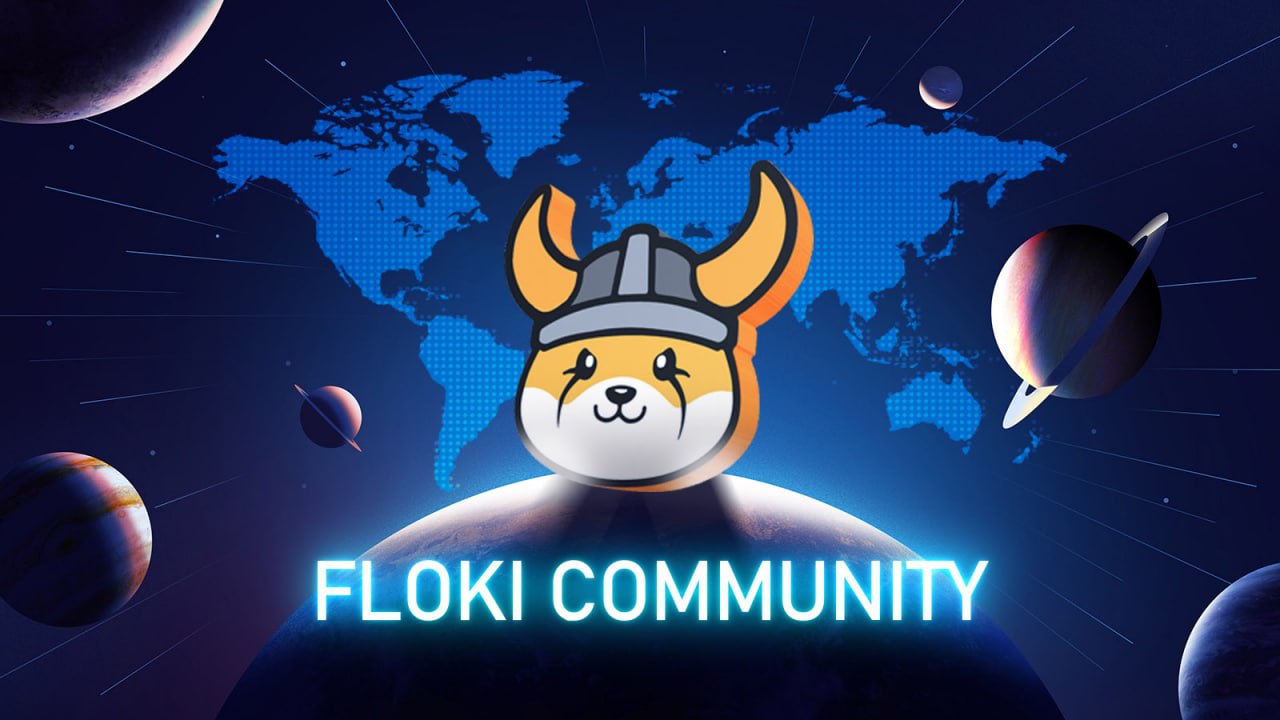What is "Punishment"?
In game design, punishment refers to negative consequences or penalties imposed on players for their unfavorable actions, decisions, or failures within the game. Punishment mechanics are employed to discourage undesirable behaviors, encourage strategic thinking, and maintain game balance. Punishments can include loss of resources, health, progress, or privileges, as well as time penalties or setbacks. By implementing punishment mechanics, game designers create a sense of risk, challenge, and accountability, motivating players to make more thoughtful decisions and engage in strategic play. Properly balanced punishment mechanics ensure that consequences are fair and meaningful, enhancing player engagement, learning, and mastery.



